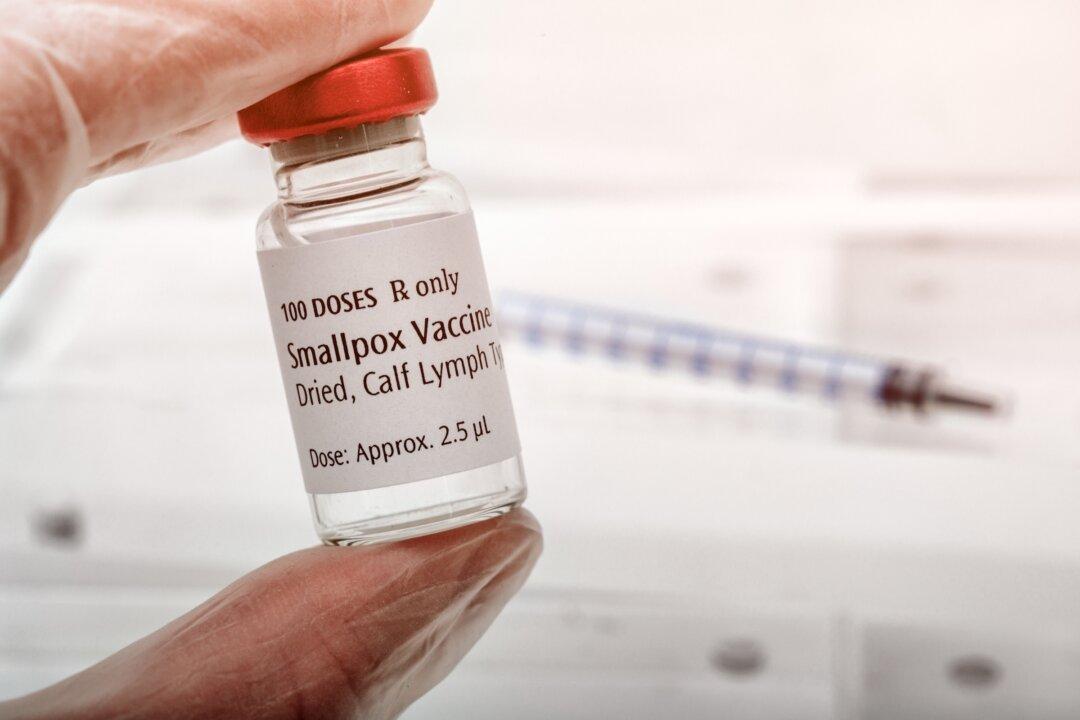The U.S. Centers for Disease Control and Prevention (CDC) is distributing vaccines to Americans who are suspected of having been exposed to the monkeypox virus.
“We want to ensure that people with high-risk exposures have rapid access to vaccines and, if they become sick, can receive appropriate treatment. To date, we’ve delivered around 1,200 vaccines ... and 100 treatment courses to eight jurisdictions, and we have more to offer states,” said Dr. Raj Panjabi, White House senior director for global health security and biodefense, according to CNN.





